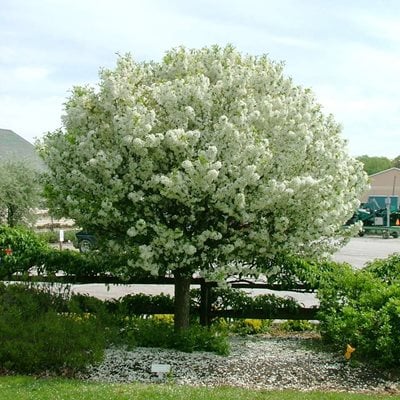🌳 How to Grow and Care for Trees: A Complete Beginner’s Guide
Learn how to grow and care for trees successfully—from choosing the right species to planting, watering, pruning, and long-term care. Perfect for beginners and garden enthusiasts!
🌱 Why Trees Matter
Trees are essential to both the environment and our well-being. They offer shade, improve air quality, reduce erosion, and add natural beauty to any landscape. But growing a healthy tree starts with choosing the right one and giving it the care it needs to thrive.
Here’s a comprehensive guide to help you grow and care for trees—whether in your backyard, on a farm, or along a city street.
🌍 Step 1: Choosing the Right Tree
Before planting, ask yourself a few key questions:
✅ Consider Your Climate
Make sure the tree species is compatible with your local climate. Consult your country’s planting zones or speak with a local nursery.
✅ Define Its Purpose
- Shade: Maple, Oak, or Neem
- Fruit Production: Mango, Apple, or Orange
- Ornamental Value: Jacaranda, Cherry Blossom
- Windbreak: Pine or Casuarina
✅ Know Its Mature Size
Ensure the tree won’t interfere with buildings, roads, or power lines once fully grown.
✅ Check Soil Conditions
Different trees prefer different soils (e.g., loamy, sandy, or clay). Perform a soil test to determine pH and nutrient levels.
🌿 Step 2: Planting the Tree
Proper planting is critical to long-term success.
📅 Best Time to Plant
Plant in early spring or fall when the weather is cool and the tree can establish roots before facing stress from heat or drought.
🕳️ Preparing the Site
- Dig a hole 2–3 times wider than the root ball, but no deeper.
- Loosen the soil around the hole for easier root penetration.
🌱 Placing the Tree
- Gently remove the tree from its container or burlap.
- Loosen tangled roots.
- Set the tree in the hole so that the root flare is level with or slightly above ground level.
🧱 Backfill and Water
- Refill the hole with the original soil, lightly pressing to remove air pockets.
- Water deeply right after planting.
💧 Step 3: Caring for Your Tree
Proper aftercare ensures your tree establishes well.
💦 Watering
- Young Trees: Water weekly, deeply soaking the soil.
- Established Trees: Require less frequent watering but still benefit during dry spells.
🌾 Mulching
- Add a 2–4 inch layer of mulch around the base.
- Extend to the drip line, but keep mulch away from the trunk to avoid rot and pests.
🌿 Fertilizing
- Apply a balanced, slow-release fertilizer only if a soil test indicates deficiencies.
- Fertilize in early spring. Avoid over-fertilizing.
✂️ Pruning
- Prune dead or damaged branches during the dormant season (late winter or early spring).
- Shape young trees early to promote strong structure.
- Do not over-prune; foliage is vital for energy production.
🛡️ Protection
- Use tree guards to prevent animal or mechanical damage.
- Stake if necessary but remove supports after the tree is stable to allow for natural movement.
🔍 Step 4: Monitoring and Troubleshooting
Keep an eye on your tree's health year-round.
🐛 Check for Pests & Disease
Look for:
- Leaf discoloration
- Wilting or dieback
- Insect damage or fungal growth
Address early with organic or approved treatments. Consult an arborist for severe cases.
⛈️ Weather Protection
- Shield young trees from strong winds with temporary supports.
- Remove heavy snow buildup on branches to avoid breakage.
🌳 Step 5: Long-Term Tree Care
Trees are a long-term investment. As they mature:
- Reduce watering but continue monitoring during droughts.
- Prune less often, focusing on structural health rather than shaping.
- Inspect annually for signs of disease, root issues, or structural instability.
🌟 Final Thoughts
Planting a tree is a simple act that offers decades of beauty, shade, and ecological value. Whether you're a beginner gardener or building a sustainable landscape, following these steps ensures your tree not only survives—but thrives.
🌱 Ready to plant your first tree? Let us know what species you’ve chosen and share your progress with us on social media!





